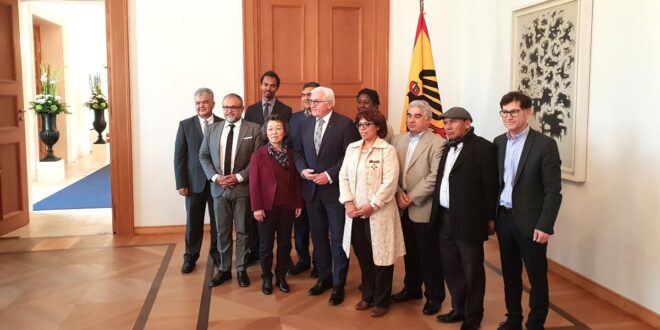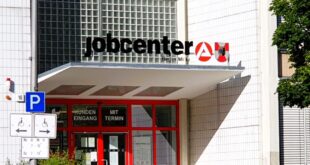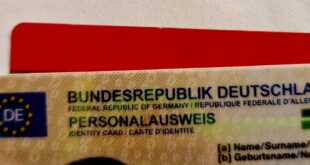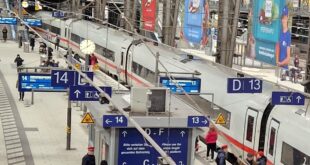The German federal parliament, the Bundestag, has voted to abolish the so-called “turbo naturalisation” rule introduced just a year ago by the previous coalition government.
The fast-track pathway had allowed exceptionally well-integrated foreigners — for example, those fluent in German, financially independent and actively engaged in society — to apply for a German passport after only three years of residence. The measure was intended to reward strong integration efforts and encourage participation.
However, the governing Christian Democratic Union (CDU/CSU) and Social Democratic Party (SPD), had agreed in their coalition pact to scrap “fast-track naturalisation”. On Thursday, the coalition parliamentarians as well as those of the far-right AfD voted to abolish the regulation.
Federal Interior Minister Alexander Dobrindt (CSU) defended the move, saying that naturalisation “should mark the successful completion of integration, not its beginning.” He added that the German passport “must remain a recognition of achievement, not an incentive for irregular migration.”
In practice, the rule had affected only a small number of people. According to Germany’s Federal Statistical Office, fewer than 200 people nationwide benefited from the fast-track citizenship option in 2024. A media survey of Germany’s 50 largest cities similarly found that only a handful of applications were ever submitted.
While supporters of the repeal called the change a “necessary correction,” opposition politicians from the Greens and the Left Party criticised it as a step backward.
SPD deputy parliamentary leader Sonja Eichwede downplayed the practical effect of the repeal, pointing to the very low number of cases. She insisted that maintaining the right to dual citizenship was far more important for integration and participation.
The abolition of the fast-track rule means that from now on, naturalisation will be possible only after five years of residence or after three years in exceptional cases such as marriage to a German citizen or outstanding individual contributions.
Sola Jolaoso
 THE AFRICAN COURIER. Reporting Africa and its Diaspora! The African Courier is an international magazine published in Germany to report on Africa and the Diaspora African experience. The first issue of the bimonthly magazine appeared on the newsstands on 15 February 1998. The African Courier is a communication forum for European-African political, economic and cultural exchanges, and a voice for Africa in Europe.
THE AFRICAN COURIER. Reporting Africa and its Diaspora! The African Courier is an international magazine published in Germany to report on Africa and the Diaspora African experience. The first issue of the bimonthly magazine appeared on the newsstands on 15 February 1998. The African Courier is a communication forum for European-African political, economic and cultural exchanges, and a voice for Africa in Europe.




































